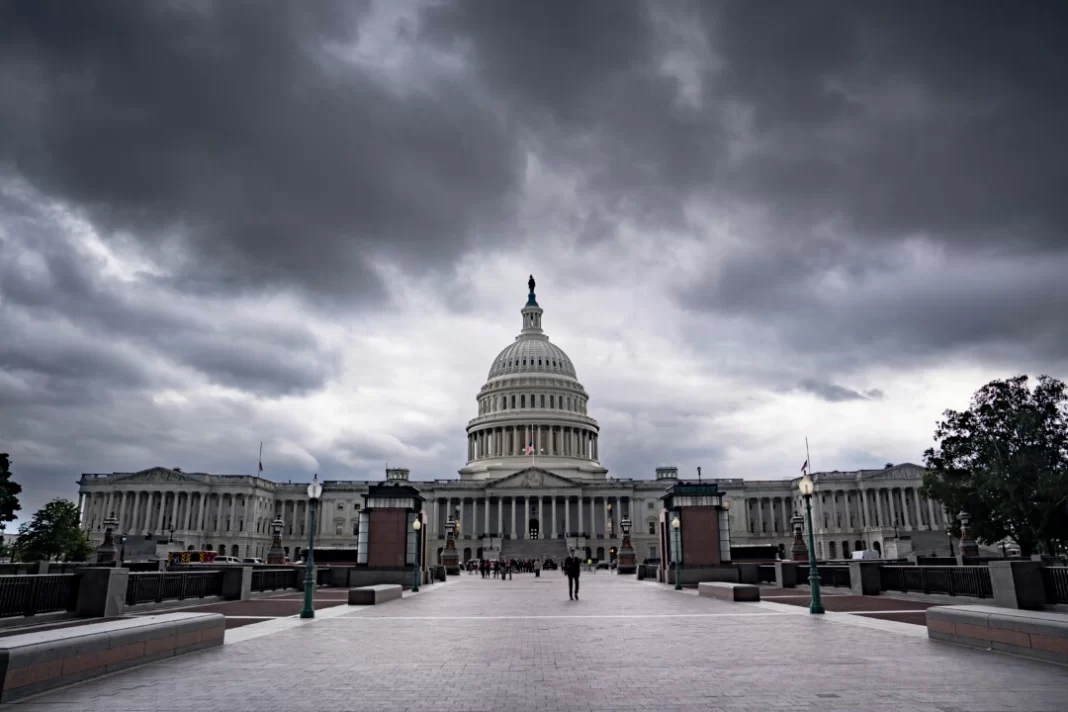The bill, previously blocked by Republicans in February, was rejected in a 50–43 vote that included opposition from members of both parties.
WASHINGTON—The U.S. Senate on May 23 again rejected a proposed border bill as the issue continues to dominate voters’ concerns ahead of the 2024 election. The bill was previously blocked by Republicans in February when it was rolled into a broader foreign aid package.
Republicans have criticized Senate Majority Leader Chuck Schumer’s (D-N.Y.) decision to bring the bill back up for a vote, saying it was a political move aimed at bolstering Democrat messaging ahead of the 2024 elections.
The legislation, dubbed the Border Act of 2024, was rejected in a 50–43 vote that included more opposition from members of both parties than the previous vote in February.
The bill includes $20 billion in funding for border security and a mechanism to shut down the border after seven consecutive days of an average of 5,000 illegal immigrants encountered per day or if more than 8,500 illegal aliens are encountered in a single day.
Proponents of the bill say it would grant President Joe Biden additional authority to close the border and that it would alleviate the situation by providing new funding that could help stop the flow of fentanyl over the border.
“It’s a chance to show we’re serious about fixing the border,” Mr. Schumer said ahead of the vote.
Opponents contend that the bill might only make the situation worse—particularly through a clause that could effectively codify allowing 5,000 illegal aliens into the country per day.
Following the vote, President Biden condemned the bill’s rejection.
“Congressional Republicans do not care about securing the border or fixing America’s broken immigration system. If they did, they would have voted for the toughest border enforcement in history,” President Biden said in a statement. “Instead, today, they put partisan politics ahead of our country’s national security.”
In February, the bill failed to advance in a 50–49 vote, which saw support from four Republicans and opposition from four Democrats.
On May 23, several Democrats, including Sens. Cory Booker (D-N.J.) and Bernie Sanders (I-Vt.), who caucuses with Democrats, voted against the measure.
By Joseph Lord and Stacy Robinson







